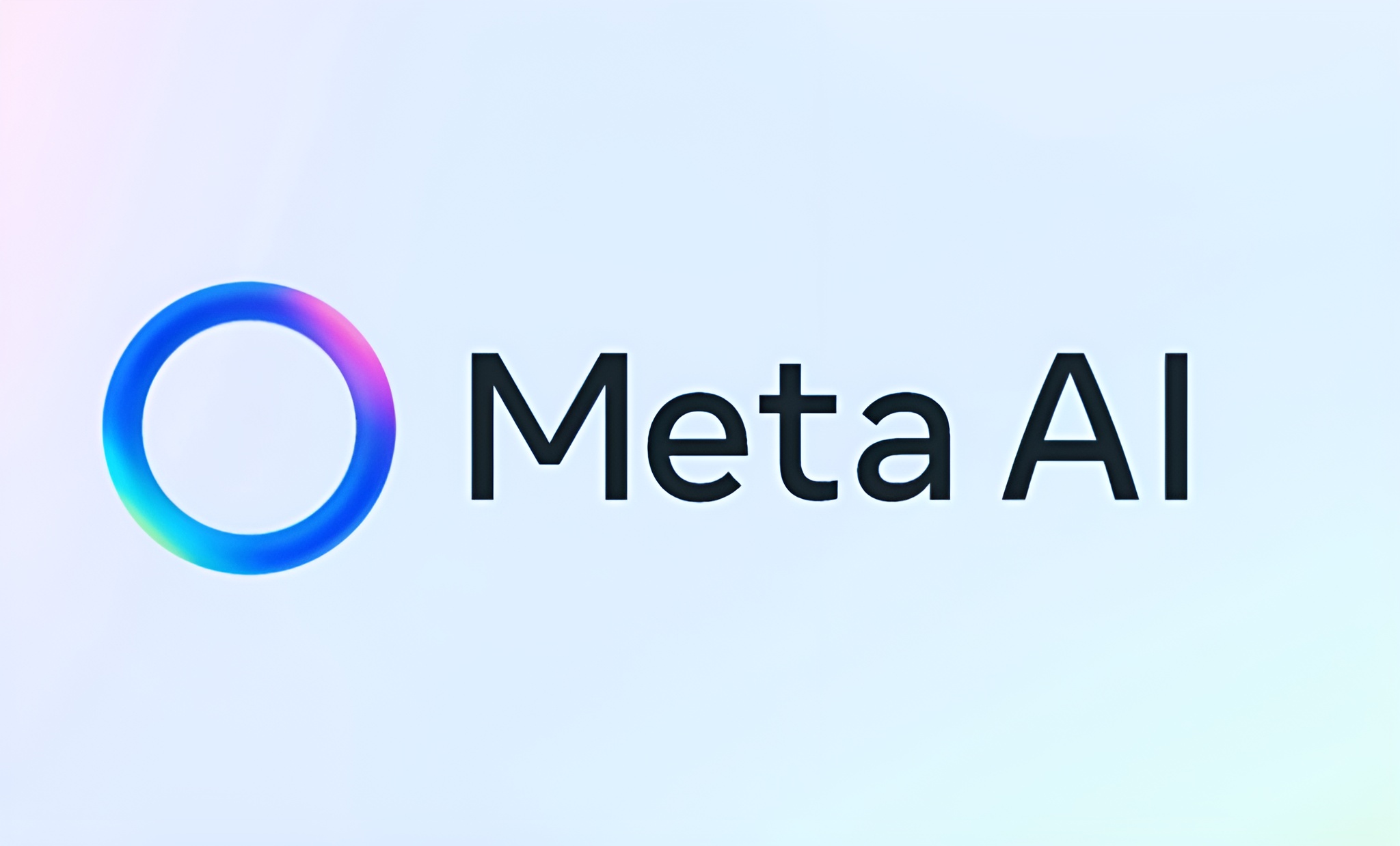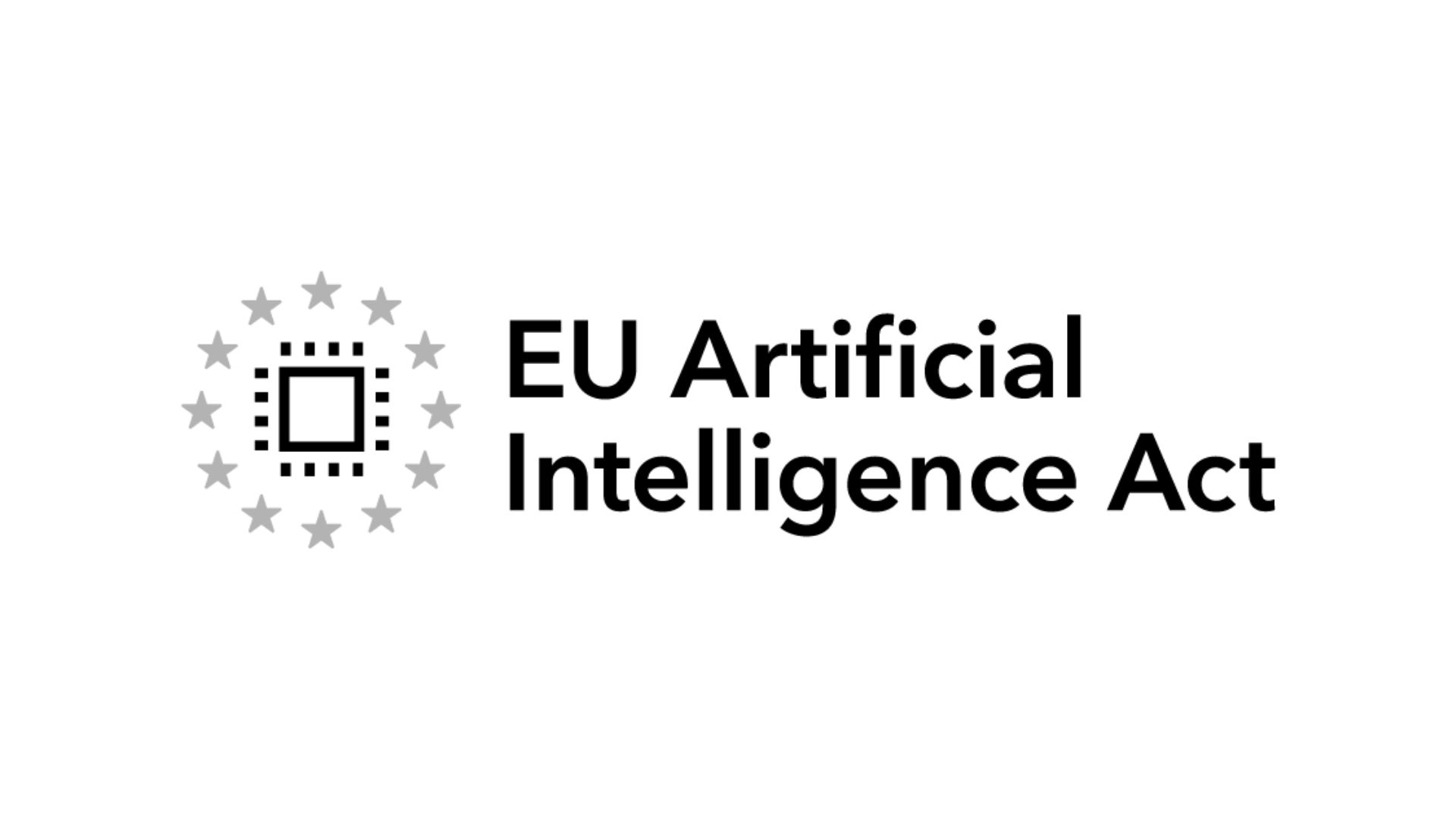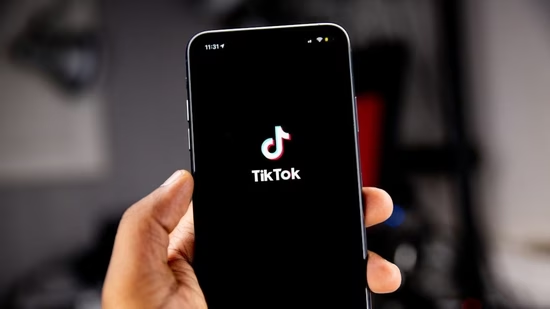In a move aimed at enhancing online protections for minors, Google has started rolling out a machine learning-based age estimation system for signed-in users in the United States.
The new system uses AI to identify users who are likely under the age of 18, with the goal of providing age-appropriate digital experiences and strengthening privacy safeguards.
Initially deployed to a small number of users, the system is part of Google’s broader initiative to align its platforms with the evolving needs of children and teenagers growing up in a digitally saturated world.
‘Children today are growing up with technology, not growing into it like previous generations. So we’re working directly with experts and educators to help you set boundaries and use technology in a way that’s right for your family,’ the company explained in a statement.
The system builds on changes first previewed earlier this year and reflects Google’s ongoing efforts to comply with regulatory expectations and public demand for better youth safety online.
Once a user is flagged by the AI as likely underage, Google will introduce a range of restrictions—most notably in advertising, content recommendation, and data usage.
According to the company, users identified as minors will have personalised advertising disabled and will be shielded from ad categories deemed sensitive. These protections will be enforced across Google’s entire advertising ecosystem, including AdSense, AdMob, and Ad Manager.
The company’s publishing partners were informed via email this week that no action will be required on their part, as the changes will be implemented automatically.
Google’s blog post titled ‘Ensuring a safer online experience for US kids and teens’ explains that its machine learning model estimates age based on behavioural signals, such as search history and video viewing patterns.
If a user is mistakenly flagged or wishes to confirm their age, Google will offer verification tools, including the option to upload a government-issued ID or submit a selfie.
The company stressed that the system is designed to respect user privacy and does not involve collecting new types of data. Instead, it aims to build a privacy-preserving infrastructure that supports responsible content delivery while minimising third-party data sharing.
Beyond advertising, the new protections extend into other parts of the user experience. For those flagged as minors, Google will disable Timeline location tracking in Google Maps and also add digital well-being features on YouTube, such as break reminders and bedtime prompts.
Google will also tweak recommendation algorithms to avoid promoting repetitive content on YouTube, and restrict access to adult-rated applications in the Play Store for flagged minors.
The initiative is not Google’s first foray into child safety technology. The company already offers Family Link for parental controls and YouTube Kids as a tailored platform for younger audiences.
However, the deployment of automated age estimation reflects a more systemic approach, using AI to enforce real-time, scalable safety measures. Google maintains that these updates are part of a long-term investment in user safety, digital literacy, and curating age-appropriate content.
Similar initiatives have already been tested in international markets, and the company announces it will closely monitor the US rollout before considering broader implementation.
‘This is just one part of our broader commitment to online safety for young users and families,’ the blog post reads. ‘We’ve continually invested in technology, policies, and literacy resources to better protect kids and teens across our platforms.’
Nonetheless, the programme is likely to attract scrutiny. Critics may question the accuracy of AI-powered age detection and whether the measures strike the right balance between safety, privacy, and personal autonomy — or risk overstepping.
Some parents and privacy advocates may also raise concerns about the level of visibility and control families will have over how children are identified and managed by the system.
As public pressure grows for tech firms to take greater responsibility in protecting vulnerable users, Google’s rollout may signal the beginning of a new industry standard.
The shift towards AI-based age assurance reflects a growing consensus that digital platforms must proactively mitigate risks for young users through smarter, more adaptive technologies.
Would you like to learn more about AI, tech, and digital diplomacy? If so, ask our Diplo chatbot!










